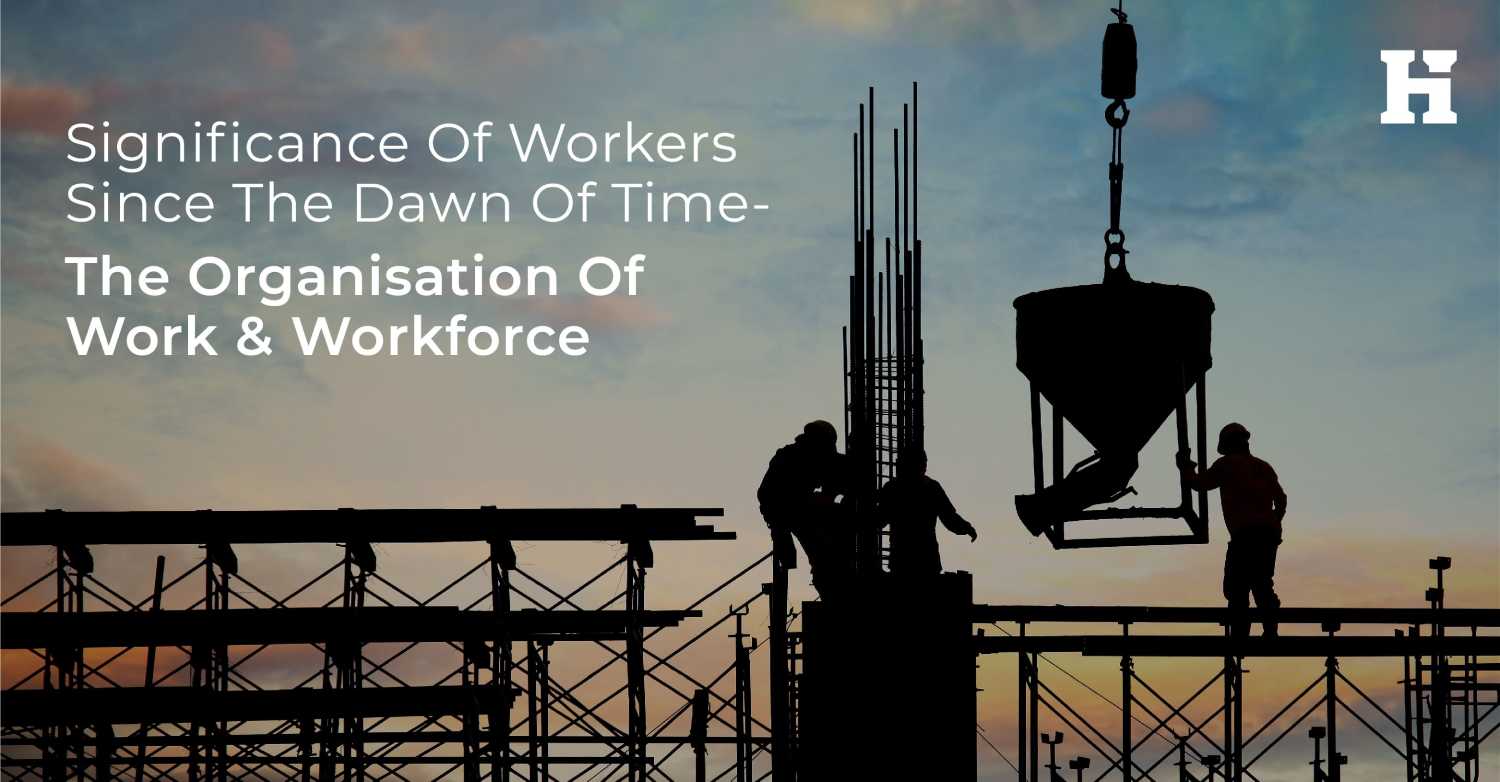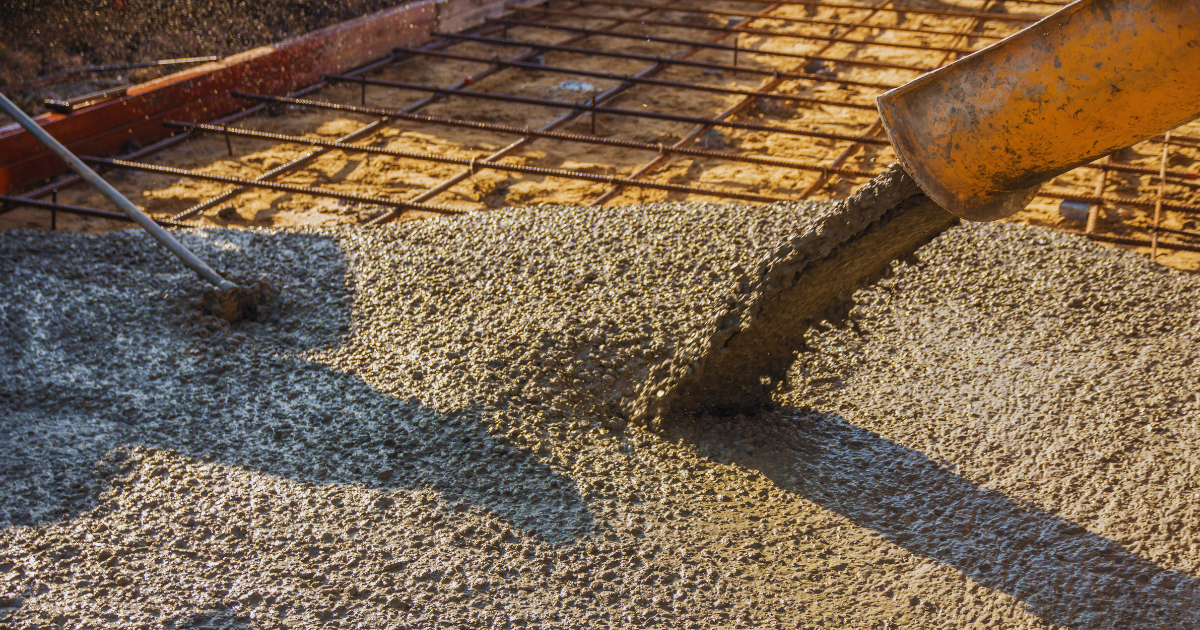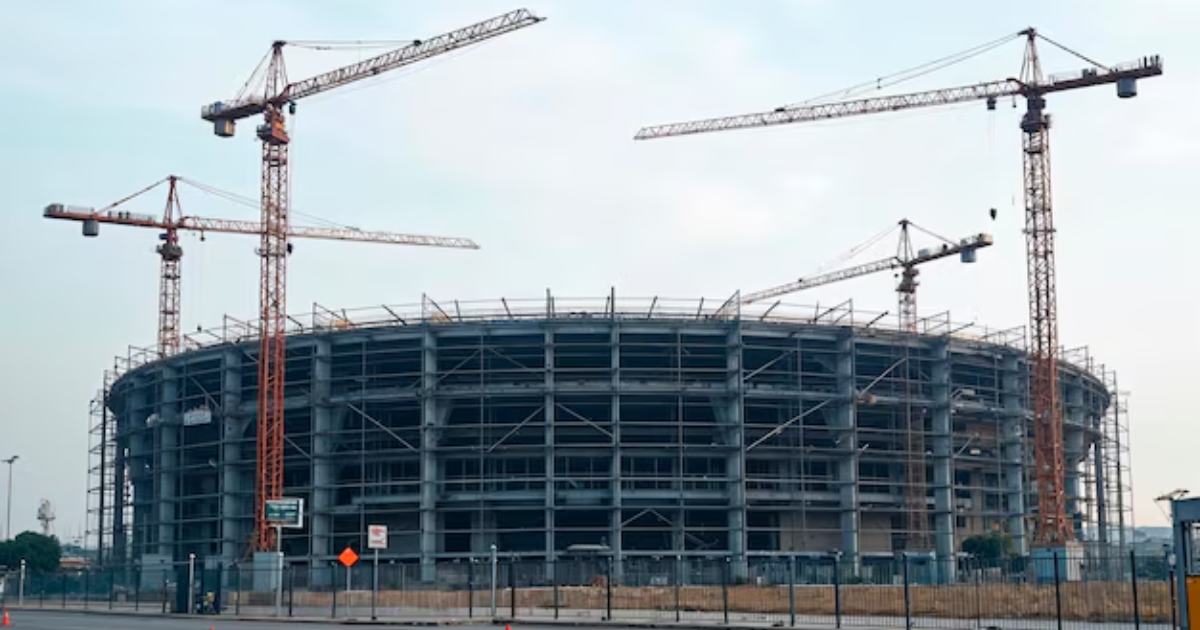According to a study published in Journal Press India Work & Wages of Labour: The Study of ancient India.
The success of trade and commerce and the resulting growth of economies is largely dependent on the hard work of workers. We understood long before that a happy and satisfied worker is more productive and contributes more to the growth of a business. Therefore, the well-being of workers was an important consideration in ancient Indian law.
There are several ancient texts that provide information on labor and labor laws in ancient India, including the Sukraniti, Manusmriti, Yajnavalkyasmiriti, Naradsmriti, and Arthshastra. These texts contain detailed provisions on topics such as payment of wages, employer-employee disputes, and breach of contract of service. These ancient codes have influenced modern labor laws and continue to be relevant today.
Understanding the engagement of workers in our society
In ancient India, effective management recognized the importance of providing employee benefits and incentives in addition to fair wages. This allowed workers to meet their daily living expenses and provided social security. The wages paid to workers were determined through surveys of the standard of living and cost of living and were designed to support larger families.
This differed from the modern approach to wage determination, which often does not take into account the needs of the worker’s family. In ancient India, workers were employed in a variety of occupations and were paid fairly high wages to maintain a normal standard of living.
The modern-day worker!
During the Industrial Revolution of the 1800s, large companies began hiring large numbers of employees, including both skilled craftsmen and lower-skilled workers, to work in mills, forges, and factories. This shift from farming to factory work and from rural to urban living resulted in the emergence of the modern concept of “workers.”
Our past aiding in the more effective representation of workers in today’s time. From working on farms & pastures the shift to urban cities and working in industries, manufacturing, service, construction, &, etc. The role of the worker has stayed the same and the only thing that has changed is technology.
According to data from 2020, India had approximately 501 million workers, making it the country with the second-largest workforce after China. The number is an indication enough to show the growing potential and the much-needed better rules & regulations towards workers. Because in order to maintain consistency in development the workers are the ones we rely on. Better conditions for them, the best result for us.
Understanding the Evolution
The value of workers has changed significantly over time. In ancient civilizations, the value of a worker was often tied to their social status and the work they did. For example, in ancient Egypt, workers who were skilled craftsmen were highly valued, while unskilled laborers were not as highly regarded.
During the Industrial Revolution, the value of workers shifted to being based more on their ability to produce goods efficiently. The introduction of machinery and mass production led to the creation of factory jobs, which often paid workers based on the number of goods they produced.
In the modern era, the value of workers is often determined by their education, skills, and experience. Workers who have specialized knowledge or expertise in a particular field are often in high demand and can command higher salaries. The value of workers can also be influenced by the demand for their skills in the job market.
Overall, the value of workers has evolved over time, with changes in technology, economic conditions, and societal values all playing a role in determining the worth of workers.
Let’s sum up
Hindustan Infrastructure Solution has been in the construction business for more than a decade now. And we understand the importance of our workers. We believe that workers are like the blood that courses through our body of development. Thus, making sure they are always at par & excellent in order to keep the development & progress running and breathing we provide our workforce with the best of everything from compensation to other benefits.
Our respects to those who build a better tomorrow for everyone!







